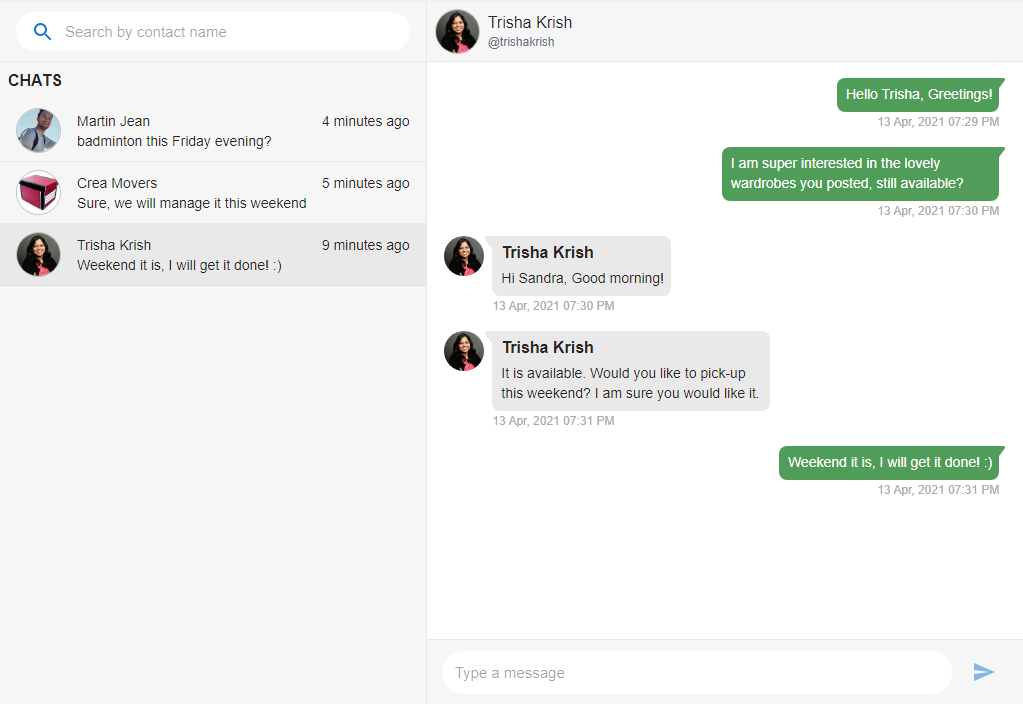Others
Luxembourg Becomes a Favourite For European Travelers
Luxembourg is witnessing a sharp rise in visitors from neighboring countries such as Germany, France, and Belgium, as travelers look for safe, convenient, and affordable destinations. The country’s unique travel-friendly policies are reshaping tourism trends in the region.
One of the biggest attractions is Luxembourg’s free public transportation system, which allows residents and tourists alike to travel across the country without paying fares. This policy has made exploring cities, villages, and landmarks easier than ever.
In addition, Luxembourg is known for its low crime rate, offering visitors a strong sense of safety. This has become a key factor for families, solo travelers, and elderly tourists choosing their next European getaway.
Improved connectivity, modern infrastructure, and cultural attractions are further adding to the country’s appeal. From historic castles to scenic nature trails, Luxembourg offers a compact yet diverse travel experience.
As word spreads, Luxembourg is increasingly being recognized as a smart and stress-free travel destination in Europe.
Read more: travelandtourworld.com/news/article/germany-france-and-belgium-are-visiting-luxembourg-like-never-before-heres-why-its-free-transport-and-low-crime-are-changing-the-travel-game
Join the community of your own - #1 homegrown LuxExpats app
SignUp Free : luxembourgexpats.lu

